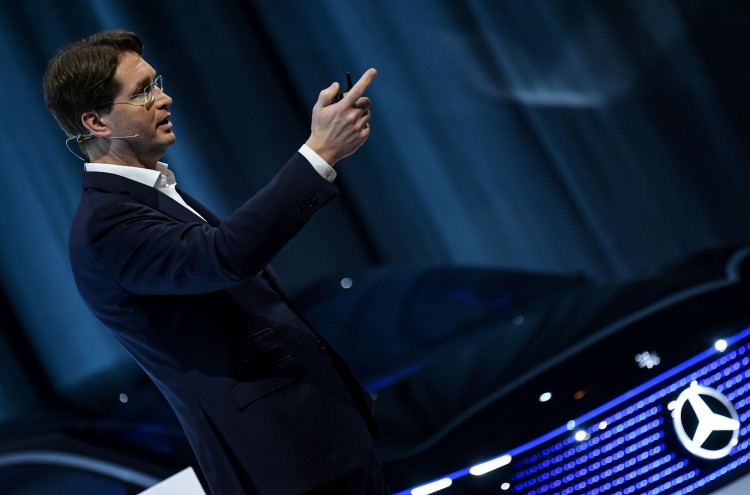German automotive firm Daimler is considering the removal of entire engine families and platforms as part of its massive plan to cut costs and free up cash for its long-term goals. The owner of the iconic Mercedes-Benz luxury car brand plans to use the money it saves to help it build more fully-electric and autonomous driving models.
Daimler board member, Markus Schaefer, mentioned in a conference on Tuesday that the company will be closely reviewing its current lineup to find new ways of streamlining its portfolio. The executive added during the company's conference call at the recently held Geneva car show that they could potentially result in major changes to its product line.
The automotive firm is apparently open to reducing the number of models in its product line as well as completely eliminating entire platforms and powertrains to save costs. When asked about the company's product line moving forward, Schaefer confirmed that it will be offering fewer platforms in the foreseeable future.
Schaefer went into more detail and stated that the company is still deliberating on how many engines it would continue to build to pass Euro 7 certification. The executive added that its four-cylinder powertrains will obviously have more chance of making it as opposed to its V12 powertrains.
Apart from cost savings, the company aims to cut its average carbon dioxide (CO2) emissions by about 20 percent this year for all of its new cars sold in Europe. The move is aimed at getting the company's product well below the limits set by the European Union for new cars sold within the economic bloc. Starting this year, newly sold cars in the EU will be required to emit no more than 95 grams of CO2 per kilometer. Manufacturers that violate this limit will be facing hefty fines.
Daimler CEO Ola Kallenius elaborated on the company's plans for its new models moving forward during a recent interview. The executive stated that 2020 will be a big year for the company as it takes its electrification efforts to the next level. To achieve this, the company is looking to increase its investments in building more of its 48-volt hybrid model. He added that the company aims to build and sell at least 400,000 units this year.
The Stuttgart-based company is putting more focus on the hybrid powertrain this year as it is essentially cheaper, much easier to build, and puts out relatively low emissions. Kallenius mentioned that the share in the company's overall sales for its electric and hybrid models is expected to "quadruple" by the end of this year. Ultimately, the company plans to have at least half of its vehicle sales be hybrid or electric models by 2030.






